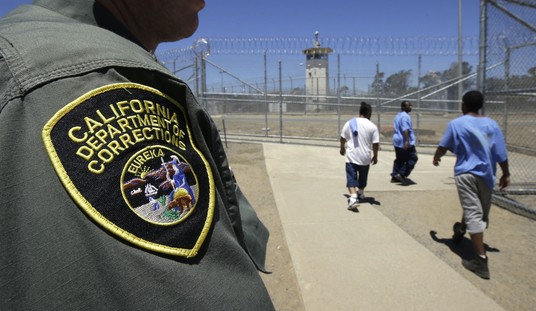He could probably also offer her some pointers on tech jargon as well. Or, the proper cloth for wiping data. But on this subject, Cuban essentially says, It’s the bubble, stupid.
“[Hillary’s plan] stands a better chance of increasing the amount of money students owe than decreasing it,” Cuban said on his Cyber Dust app on Friday.
“Just as easy money led to the real estate bubble a few years ago, the easier it is to borrow money for college the easier it is for colleges to raise tuition. Tuition keeps going up because no matter how high they raise it, students can still borrow more to pay for it,” Cuban continued.
And, it’s not just libertarian leaning businessmen who think so. A recent study by the Federal Reserve of New York found:
Easy credit has been the enabler in encouraging tuition increases and ever-bigger college loans, a recent study by the Federal Reserve Bank of New York found, much the same way that easier mortgage credit caused home prices to skyrocket as borrowers took on debt they couldn’t possibly repay. For every additional $100 in government loans to students, colleges raised tuition $65, the Fed found. A 2012 study on for-profit colleges found they raised tuition to maximize student aid.
While it’s unclear if the studies found the cause of higher tuition or just a statistical correlation, it’s obvious that when student loans are plentiful, colleges have few incentives to reduce costs to students.
The researchers found that each additional dollar of Pell Grant or subsidized student loan money translates to a tuition jump of 55 or 65 cents, respectively. Of course, the higher tuition also applies to students who don’t receive federal aid, making college less affordable across the board.
The report also found that subsidized federal loans do not appear to increase enrollment. “[W]hile one would expect a student aid expansion to benefit recipients,” the study authors wrote, “the subsidized loan expansion could have been to their detriment, on net, because of the sizable and offsetting tuition effect.”
We find that institutions more exposed to changes in the subsidized federal loan program increased their tuition disproportionately around these policy changes, with a sizable pass-through effect on tuition of about 65 percent. We also find that Pell Grant aid and the unsubsidized federal loan program have pass-through effects on tuition, although these are economically and statistically not as strong.
But by all means, pat yourself on the back for bringing down costs while exacerbating the problem.








Join the conversation as a VIP Member